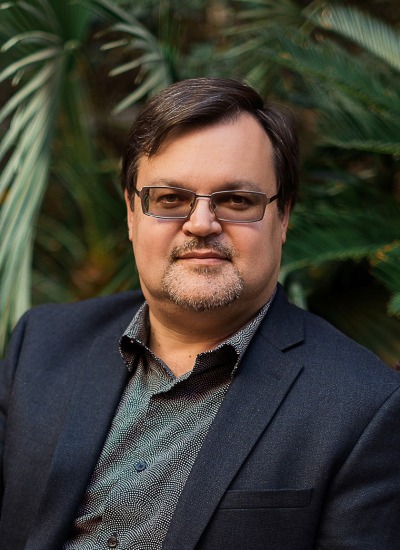Ruslan Rafikov
Work Summary
Dr. Rafikov laboratory is focused on molecular mechanisms of pulmonary vascular cell dysfunction in pulmonary hypertension and acute lung injury. The lab is exploring mechanisms of metabolic reprogramming, mitochondrial dysfunction, and proliferative signaling.




